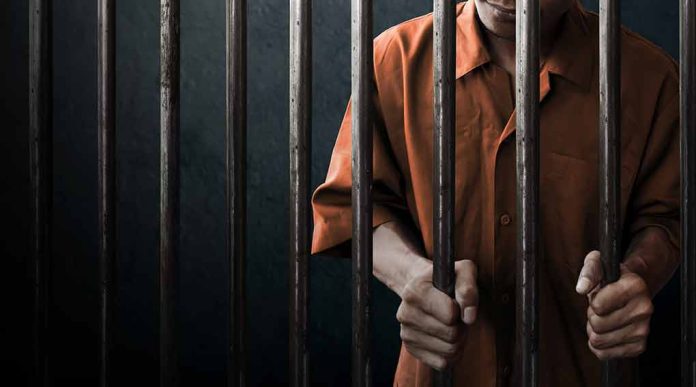
The defense fund for Luigi Mangione, accused of killing UHC CEO Brian Thompson, exceeds $850,001, stirring debate around the death penalty and corporate influence on justice.
Key Takeaways
- Luigi Mangione’s defense fund received a largest donation of $36,500 from an anonymous contributor.
- Mangione stands accused of murdering UHC CEO Brian Thompson in December 2024.
- The defense fund is managed by the December 4 Legal Committee and aims to reach $1 million.
- The prosecution, led by U.S. AG Pam Bondi, seeks the death penalty, a decision tied to President Trump’s executive order.
- Skepticism rises over the death penalty’s politicization, with significant donations reflecting criticisms of due process concerns.
Fundraising Efforts and Key Donors
Luigi Mangione’s defense fund has successfully amassed over $850,001, led by a substantial $36,500 contribution from an anonymous source. This marked the largest single donation since his incarceration. The fund, overseen by the December 4 Legal Committee, primarily aims to cover Mangione’s legal defense costs amid murder and illegal firearm charges. This robust financial support highlights the significant public interest and division regarding Mangione’s case.
Despite the charges, Mangione has received encouragement from supporters, evidenced by letters and photographs from individuals who empathize with his predicament. The fund seeks to raise a total of $1 million to sustain the legal battle, and Mangione’s attorney, Karen Friedman Agnifilo, noted their plan to leverage these donations strategically in court.
Accusations, Legal Proceedings, and Defense Stance
In December 2024, Luigi Mangione was accused of murdering Brian Thompson, the CEO of UnitedHealthcare. This case has gained extensive attention due to the pursuit of capital punishment by U.S. Attorney General Pam Bondi, further provoked by a Trump administration directive advocating the death penalty for major offenses. Mangione’s not guilty plea and forthcoming federal hearings accentuate the growing scrutiny on how justice is administered in high-profile corporate settings.
“Luigi Mangione’s murder of Brian Thompson—an innocent man and father of two young children—was a premeditated, cold-blooded assassination that shocked America. After careful consideration, I have directed federal prosecutors to seek the death penalty in this case as we carry out President Trump’s agenda to stop violent crime and Make America Safe Again,” said Bondi in a press release.
This legal scenario is further complicated by Mangione’s earlier state charges of murder and terrorism in jurisdictions that do not practice the death penalty, namely Pennsylvania and New York. Top fund contributors have voiced their concerns over potential bias affecting Mangione’s right to a fair trial. An anonymous donor highlighted how the death penalty “should never be politicized,” expressing broader anxieties felt within the donor community.
Broader Implications and Public Discourse
The ambiguity surrounding the application of the death penalty in Mangione’s case has been a pivotal talking point. Some donors are deeply disturbed by what they perceive as the politicization of capital punishment, possibly undermining due process. The debate is intensified further as the federal government has not definitively confirmed its decision on pursuing the death penalty, reflecting the ambiguity entangled with President Trump’s executive order ending the federal execution moratorium.
The public remains divided on the ethical dimensions of the case, as well as on the fairness of Mangione’s trial. This complex scenario compels lawmakers, prosecutors, and citizens alike to query the delicate balance of justice where powerful entities may wield undue influence. With Mangione’s court dates approaching, the nation looks on, anticipating outcomes that might set precedents for future judicial processes involving business leaders and high-profile defendants.





